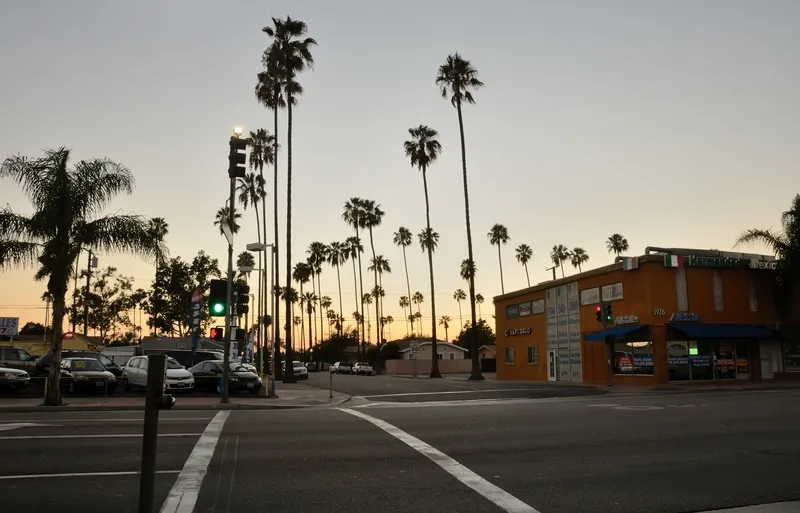The Georgia Department of Transportation, home of one of the most popular, heavily used real-time traveller information systems in the US, has unveiled the next generation of Georgia NaviGAtor 511. The new system brings new features and, through a public-private partnership, new sponsors, allowing the Department and its 511 provider, Meridian Environmental Technology, an Iteris company, to operate and maintain the system at no cost to Georgia taxpayers.
May 18, 2012
Read time: 2 mins
The 754 Georgia Department of Transportation, home of one of the most popular, heavily used real-time traveller information systems in the US, has unveiled the next generation of Georgia NaviGAtor 511. The new system brings new features and, through a public-private partnership, new sponsors, allowing the Department and its 511 provider, 605 Meridian Environmental Technology, an 73 Iteris company, to operate and maintain the system at no cost to Georgia taxpayers.
This is the first major upgrade of the Georgia NaviGAtor 511 system since its inception for the 1996 Olympic Games and is part of a federal effort to establish traveller information services nationwide. The new platform creates a foundation for many new traveller information enhancements planned for the future, such as statewide congestion reporting and 511 services in Spanish.
3493 PepsiCo, and its Mountain Dew brand, is the first nationally-recognised brand to sponsor the state’s new Georgia NaviGAtor 511 system. Company promotions will lead the system’s sponsorship programme, complete with Mountain Dew truck-back artwork and sponsor messaging on 511 services.
“By engaging sponsorship opportunities, we can continue to provide vital services to travellers in a time of unprecedented funding challenges,” said Georgia DOT Commissioner Vance C. Smith, Jr. “Our ongoing mission is to keep travellers safe and informed and to provide for their mobility throughout the state. The Department is recognised as a national leader in traveller information services and this represents a natural growth and progression of that innovation.”
One feature new to the NaviGAtor 511 system is the 511 App, the official traveller information mobile phone application of Georgia. It provides real-time, location-based traveller information on Georgia’s highways, digital coupons and promotions as well as other special offers of interest to travellers.
“The original Georgia NaviGAtor system served the state well for many years, but it was limited relative to what we can offer with today’s technology,” said Mark Demidovich, Assistant State Traffic Engineer. “We’ve retained most of the features that our users favoured; added a mobile app with special offers for travellers; and established a robust foundation for future NaviGAtor and 511 expansions.”
This is the first major upgrade of the Georgia NaviGAtor 511 system since its inception for the 1996 Olympic Games and is part of a federal effort to establish traveller information services nationwide. The new platform creates a foundation for many new traveller information enhancements planned for the future, such as statewide congestion reporting and 511 services in Spanish.
“By engaging sponsorship opportunities, we can continue to provide vital services to travellers in a time of unprecedented funding challenges,” said Georgia DOT Commissioner Vance C. Smith, Jr. “Our ongoing mission is to keep travellers safe and informed and to provide for their mobility throughout the state. The Department is recognised as a national leader in traveller information services and this represents a natural growth and progression of that innovation.”
One feature new to the NaviGAtor 511 system is the 511 App, the official traveller information mobile phone application of Georgia. It provides real-time, location-based traveller information on Georgia’s highways, digital coupons and promotions as well as other special offers of interest to travellers.
“The original Georgia NaviGAtor system served the state well for many years, but it was limited relative to what we can offer with today’s technology,” said Mark Demidovich, Assistant State Traffic Engineer. “We’ve retained most of the features that our users favoured; added a mobile app with special offers for travellers; and established a robust foundation for future NaviGAtor and 511 expansions.”









